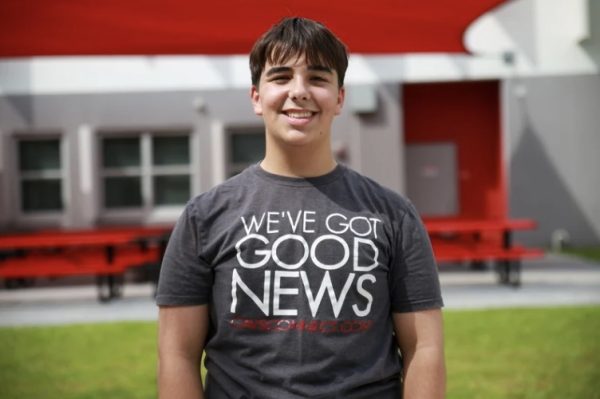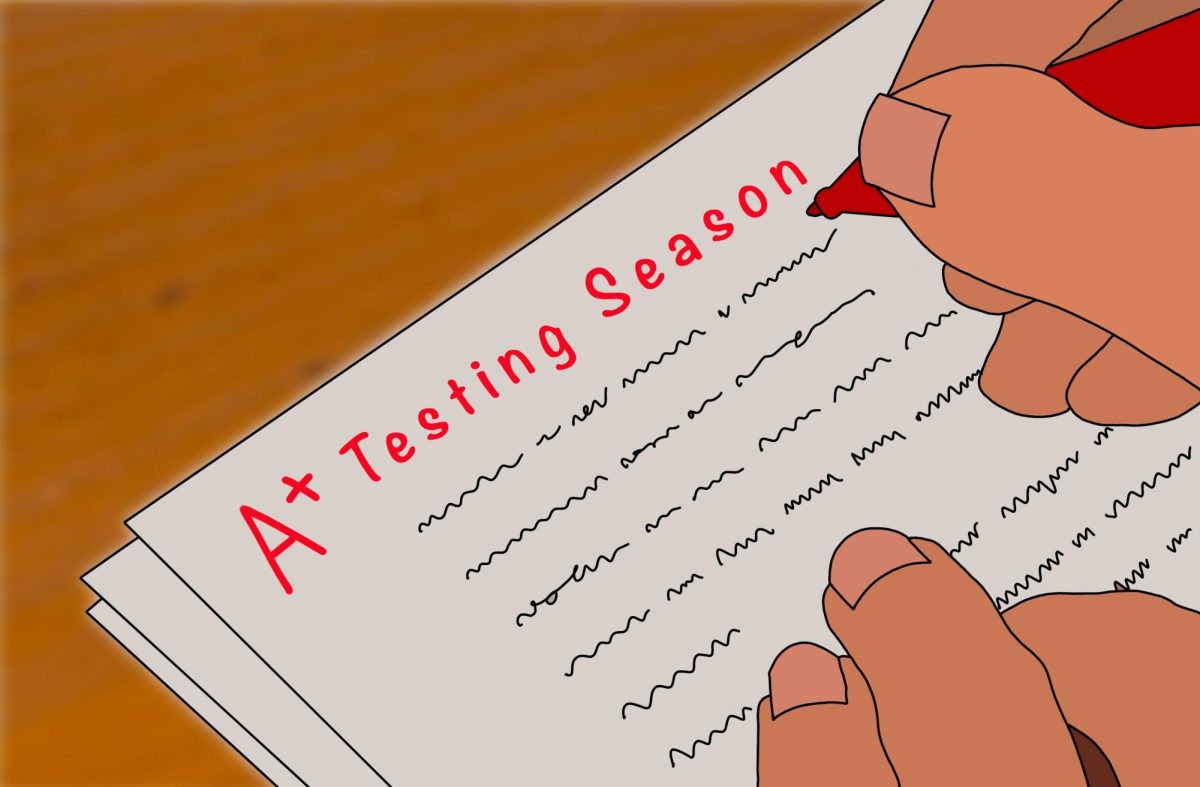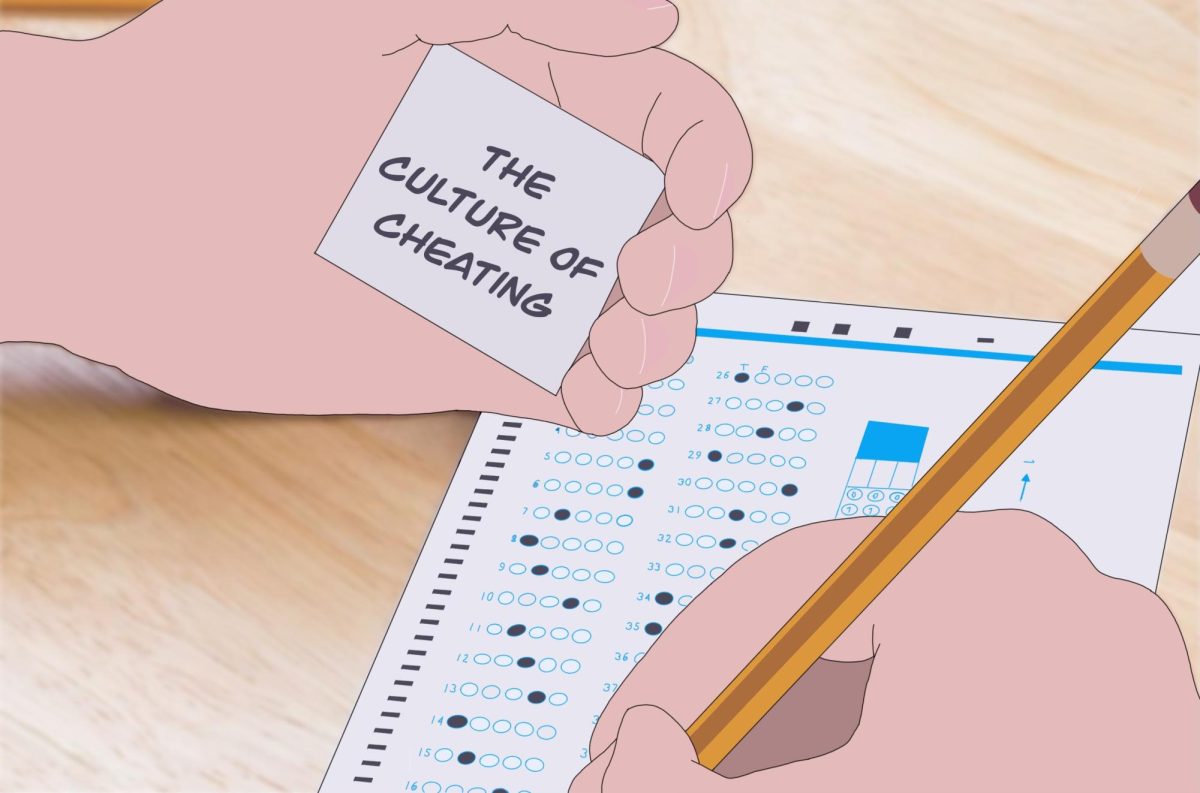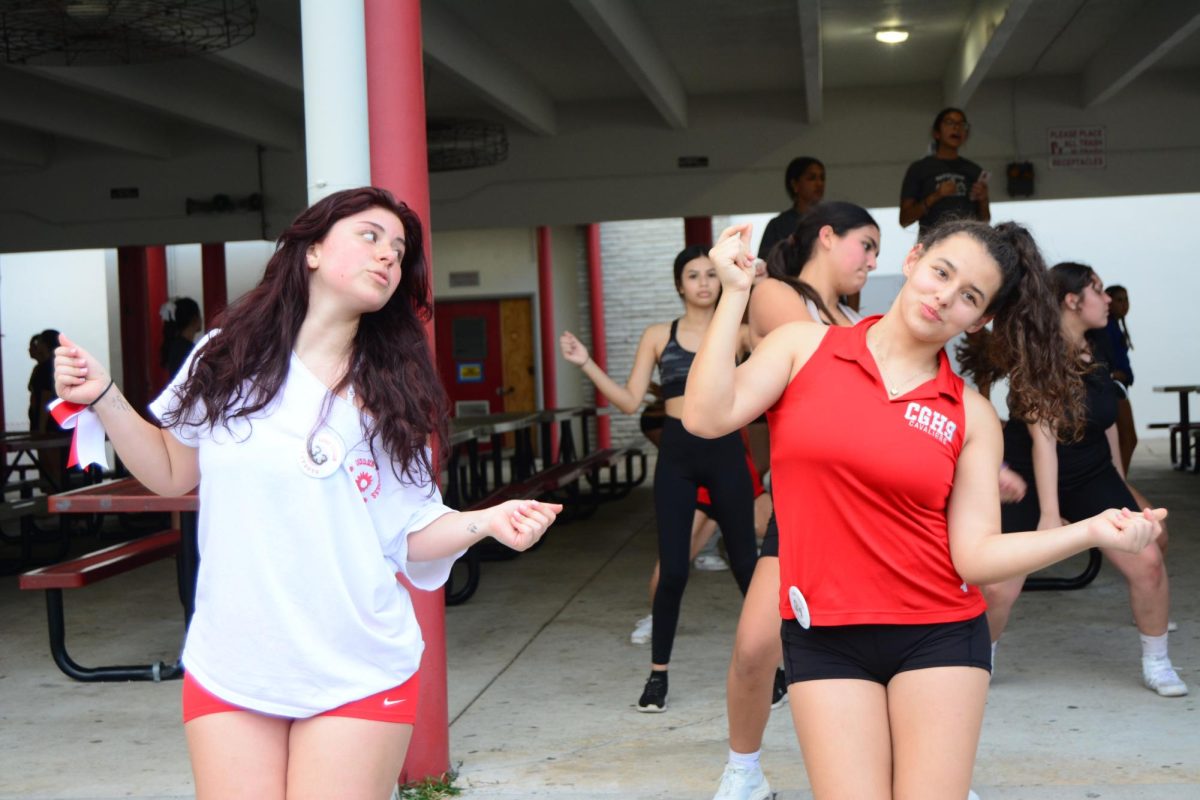Ever since the exponential growth in popularity of games like Wordle started back in 2021, puzzle games have been on the front of many social media sites. Users have been sharing their strategies, lucky guesses and unfortunate losses for some time now, but one game in particular has taken over the digital word. It goes by the name “Connections,” another game from the New York Times that has players pining for the next daily puzzle.
“I don’t really enjoy playing any of the NYT games. They seem fun, and I can kind of see how other people enjoy them but they are not for me. They take too long to solve and are just a waste of my day,” sophomore Gabriella Arango said.
The NYT editor in charge of Connections, Wyna Liu, originally took inspiration from the Games magazines from her childhood. Robert Leighton, a puzzle maker featured on these magazines, stood out to Liu for his ability to match the most obscure combination of words into one cohesive category. Liu states that she took Leighton’s “playfulness and use of free association” to heart when developing what is now one of the most popular puzzle games online.
The game seems fairly simple at first; players are given a set of 16 and are tasked with pairing sets of four into one category. This all gets much more tricky once one realizes that the creator purposefully utilizes obscure alternate definitions of words or adds sets of four words that are related, but do not fit the hidden prompt. The trickery of Liu has both caused many avid Connections solvers to take losses and has left them completely dumbfounded.
“Every day, I open the NYT Games app, I never know if the Connections game is going to be surprisingly easy or impossible. I’m not sure if that adds to the charm or makes it even more frustrating though. I do the Wordle, Daily Mini and Connections, so I always make sure to leave Connections for last in case it leaves me stumped,” sophomore Sarah Fiallega said.
Social media platforms such as Tiktok and Instagram have witnessed the upheaval of the daily Connections prompts with users sharing just how ridiculously the words were matched. Prompted by a week of absurd games of Connections, some creators, like @mrugie20 on Tiktok, personally emailed the NYT jokingly asking if the streak of palindromes and demonyms was a “cry for help” from Liu. It was done with the best of intentions however, exemplifying just how invested players have become in the deceitful game.
“Honestly, Connections can be so confusing. I always find myself being one word away from completing a set, but almost never find that last word. Thats the best case scenario too, a lot of times I’ll have absolutely no idea what [Wyna Liu] was thinking while she wrote down the set of words; It feels like she picked them randomly out of the dictionary,” sophomore Lola Garcia-Jacques said.
Some individuals online have voiced their genuine concern about the game online, stating that players were now borderline addicts to it. However, it is important to take into account the beneficial aspects of Connections. Much like Wordle, Connections promotes the expansion of one’s vocabulary as they are confronted with often unknown words in their word sets. Not only that, but players must think outside of the box, abandoning the definitions they are used to in order to successfully solve the puzzle. In fact, these traits are seen across a variety of NYT’s games, from “Spelling Bee” to “Letter Boxed.”
Despite the incredible success of their puzzle games, most notably Wordle and Connections, the NYT has continued working towards adding more content to their platform. On March 4, the newspaper put the beta version of their latest game, “Strands”, online for testing. It has already seen an incredible amount of attention online, showing promising signs of notoriety. Unless Strands takes off or Liu helps “Connecters” out with some more simple prompts, it seems as though NYT Games lovers will have to continue wracking their brains in hopes of a win.
“I play Wordle every day, it has become a daily chore. Although it can be challenging, I love using my brain to figure out what the word is every day,” sophomore Brooke Lawson said.

















